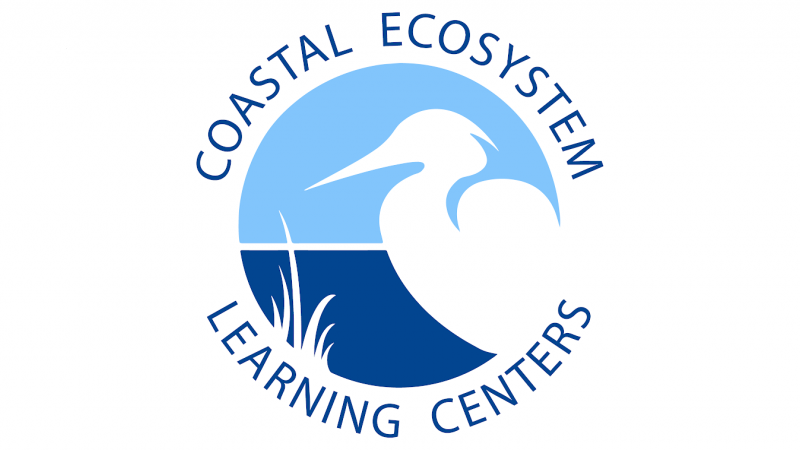If you were to step into the Dauphin Island Sea Lab, the Shedd Aquarium, or the Vancouver Aquarium, you would see different fish species, interactive touch tanks, and unique aquatic exhibits on display. But despite this variety, you might be surprised to find similar messages about protecting coastal and marine ecosystems at these different institutions. This is no coincidence. With support from NOAA, these organizations are part of the Coastal Ecosystem Learning Center (CELC) Network, a consortium of 27 aquariums and marine science centers from across North America.
From October 23-25, 2019, NOAA’s Office of Education hosted the third CELC Network Workshop at NOAA headquarters in Silver Spring, Maryland. Here, take a behind-the-scenes look at what happens when aquarium education directors meet up to discuss priorities and work together to engage the public in ocean and coastal conservation.
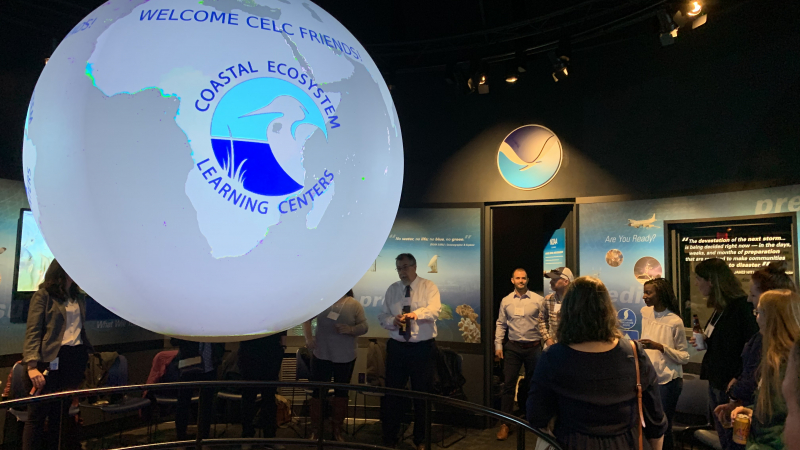
This was the third in-person workshop for the network since 2016. This year, the workshop began with an opening reception at NOAA’s Science On a Sphere®, where participants reconnected with one another over food while sharing the latest news from their own organizations. Aquarium education directors had a chance to learn more about Science On a Sphere, an interactive visualization tool used to help illustrate Earth System science to people of all ages.
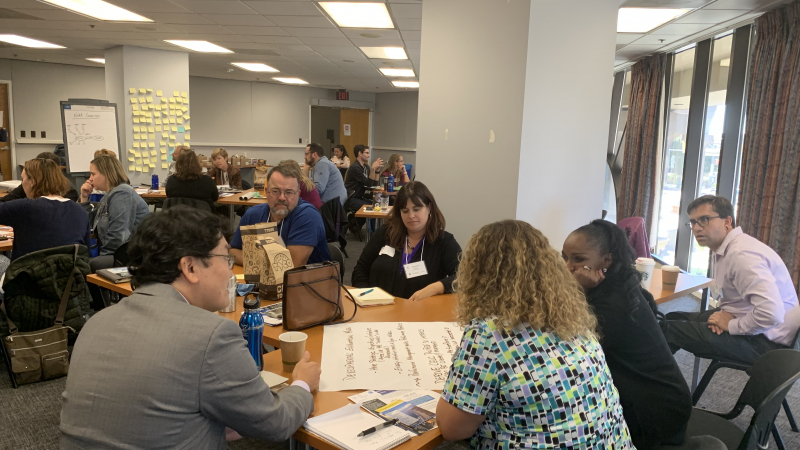
No collaborative planning meeting would be complete without flip charts and sticky notes! Using both small notes and huge poster boards, workshop participants wrote, discussed, and strategized scenarios to evaluate the network’s successes and challenges. Participants discussed potential future collaborations, including expanding various working groups, leading a youth summit, and spearheading an aquaculture initiative.
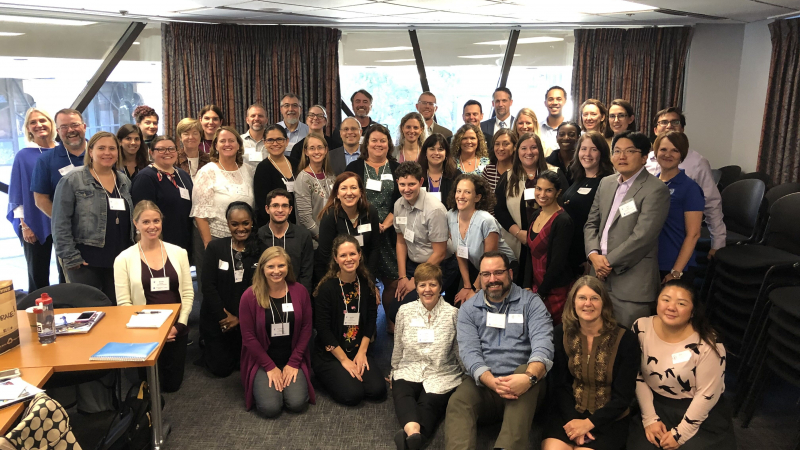
Networking is what CELC does best, so why not take advantage of being so close to the nation’s capital, where plenty of environmental organization headquarters reside? The group did just that, and connected with NOAA educators and experts, as well as with representatives from other federal agencies and nonprofits. The U.N. Environment Program, the National Science Foundation, and Conservation International were just some of the institutions that presented and mingled with the education directors to share resources and discuss future collaborative efforts.
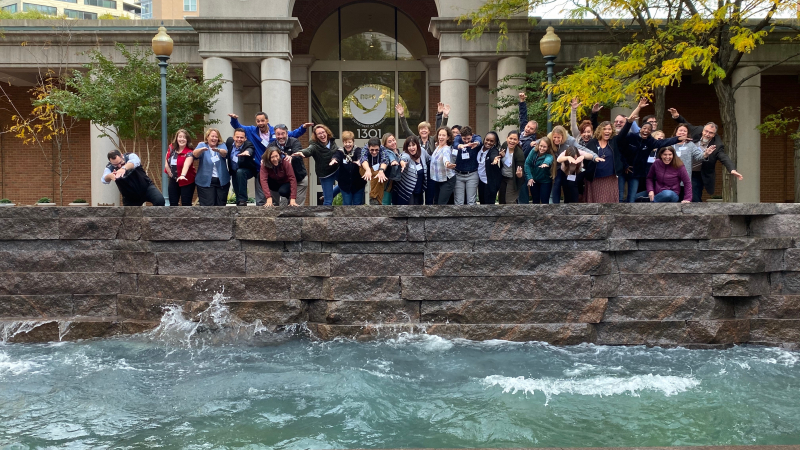
Aquarium educators “took a dive” into NOAA’s expansive resources! By the end of the workshop, they filled their minds (and their suitcases!) with resources and tools to take back to their institutions. Armed with strengthened relationships and new ideas about how to improve both their own institutions' programs as well as those of the CELC Network, they’re already talking about plans and ideas to further build the partnership and are looking forward to the next workshop in 2021. Jonathan Ismail of the National Mississippi River Museum and Aquarium said, “This workshop was exceptionally helpful to connect the dots between other partner CELC facilities, shared conservation and youth programs, and the wonderful resources available through NOAA and other federal agencies. I am so thankful for the wonderful experience to learn from and with your team!”
